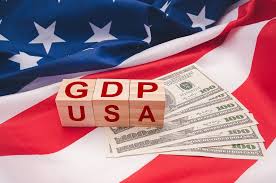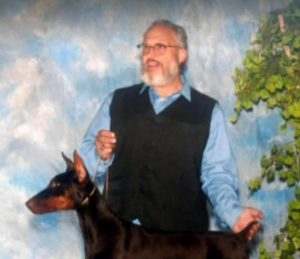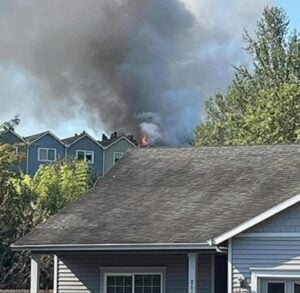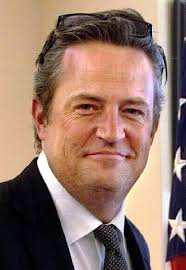Hollywood Writers and Studios Resume Talks for the Third Consecutive Day
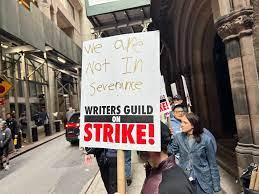
In a surprising turn of events, the ongoing negotiations between striking Hollywood writers and top studio executives have extended into their third consecutive day. This extended series of discussions concluded on Friday with the decision to continue discussions on Saturday. The primary objective of these talks remains the same: to resolve a protracted work stoppage that has halted film and TV production for an extended period.
As the entire entertainment industry anxiously awaits updates on the outcome of these high-stakes negotiations, it’s important to note that, despite their ongoing efforts, no agreement has been reached thus far. The strike has now entered its 144th day, leaving the industry in a state of uncertainty.
The Writers Guild of America (WGA) announced early on Saturday that both parties have agreed to meet once again on the following day. This commitment to ongoing dialogue underscores the gravity of the issues they are addressing.
Prominent figures in the industry, including Walt Disney CEO Bob Iger, Netflix Co-CEO Ted Sarandos, Warner Bros Discovery CEO David Zaslav, and Donna Langley, chairman of Comcast’s NBCUniversal Studio Group, have actively participated in these critical discussions, demonstrating their commitment to finding a resolution.
On the other side, representatives for the Alliance of Motion Picture and Television Producers, which represents the studios, have chosen to remain tight-lipped about the ongoing negotiations.
Amid these deliberations, an impressive display of solidarity has emerged as union members responded in large numbers to an appeal from WGA negotiators. They turned out in force to support the strike by forming picket lines outside the studios.
Among those who joined the crowd outside Netflix on Friday was Matthew Weiner, the renowned creator and writer of “Mad Men.” Like many others, he expressed optimism that the recent talks indicate significant progress. Weiner stated, “I’m hopeful,” suggesting that there is a glimmer of hope that the strike may soon come to an end. “I would like to go back to work and I would like to start mending these relationships,” he added.
It’s important to note that approximately 11,500 members of the WGA made the bold decision to walk off the job back in May. Their demands include higher pay and more equitable residuals in the rapidly evolving landscape of streaming TV. They are also seeking limitations on the use of artificial intelligence in content creation.
Producer and WGA member Al Septien, who was also present at the picket lines outside Netflix, reiterated the importance of securing fair terms. He emphasized, “We’ve been out here a long time. We don’t want to settle for a contract that falls short of being fair and beneficial for the writers.”
In a related development, the SAG-AFTRA actors union has also embarked on a strike, having walked off the job in July. The entertainment industry is indeed facing unprecedented challenges, and these ongoing negotiations hold the key to resolving critical issues that will shape its future

